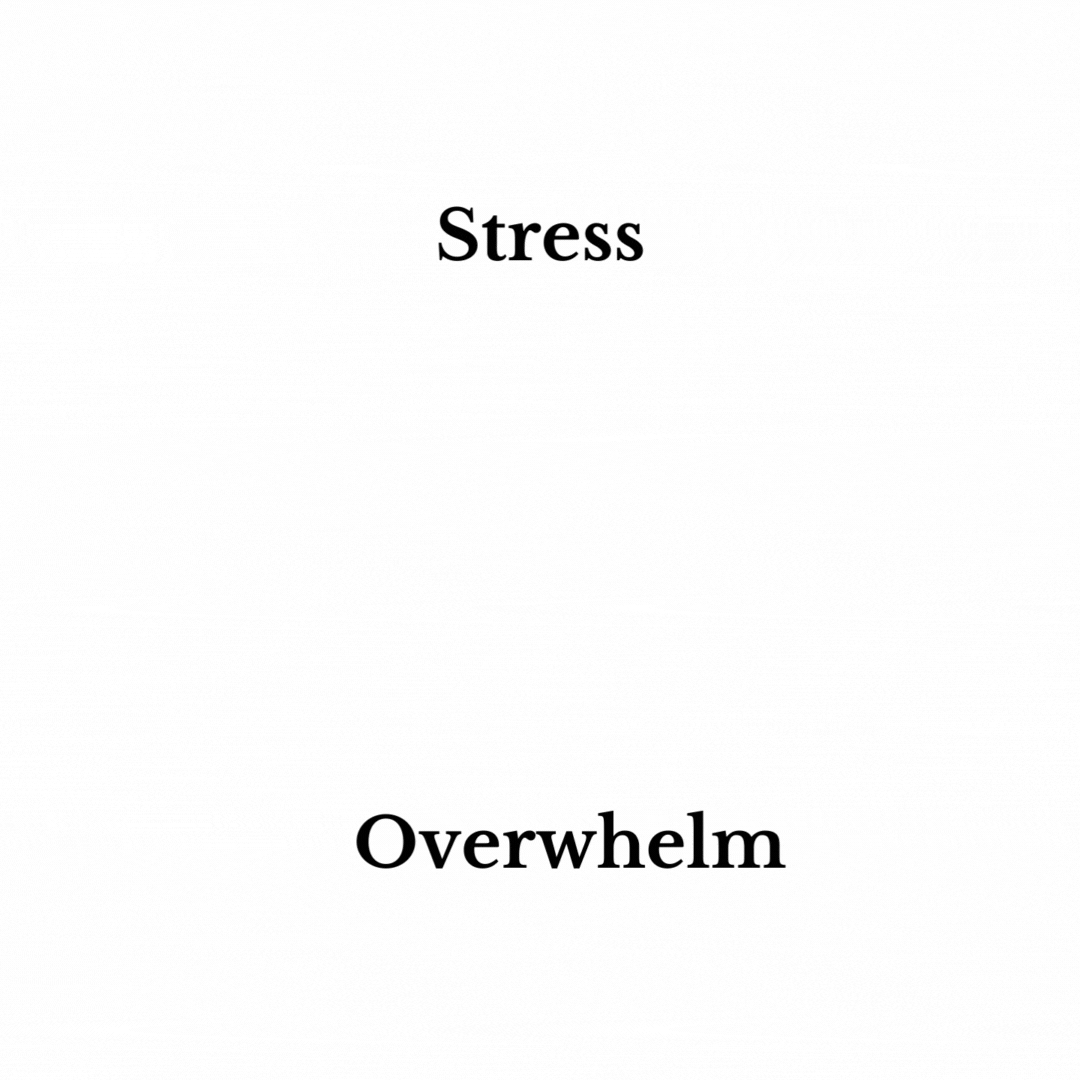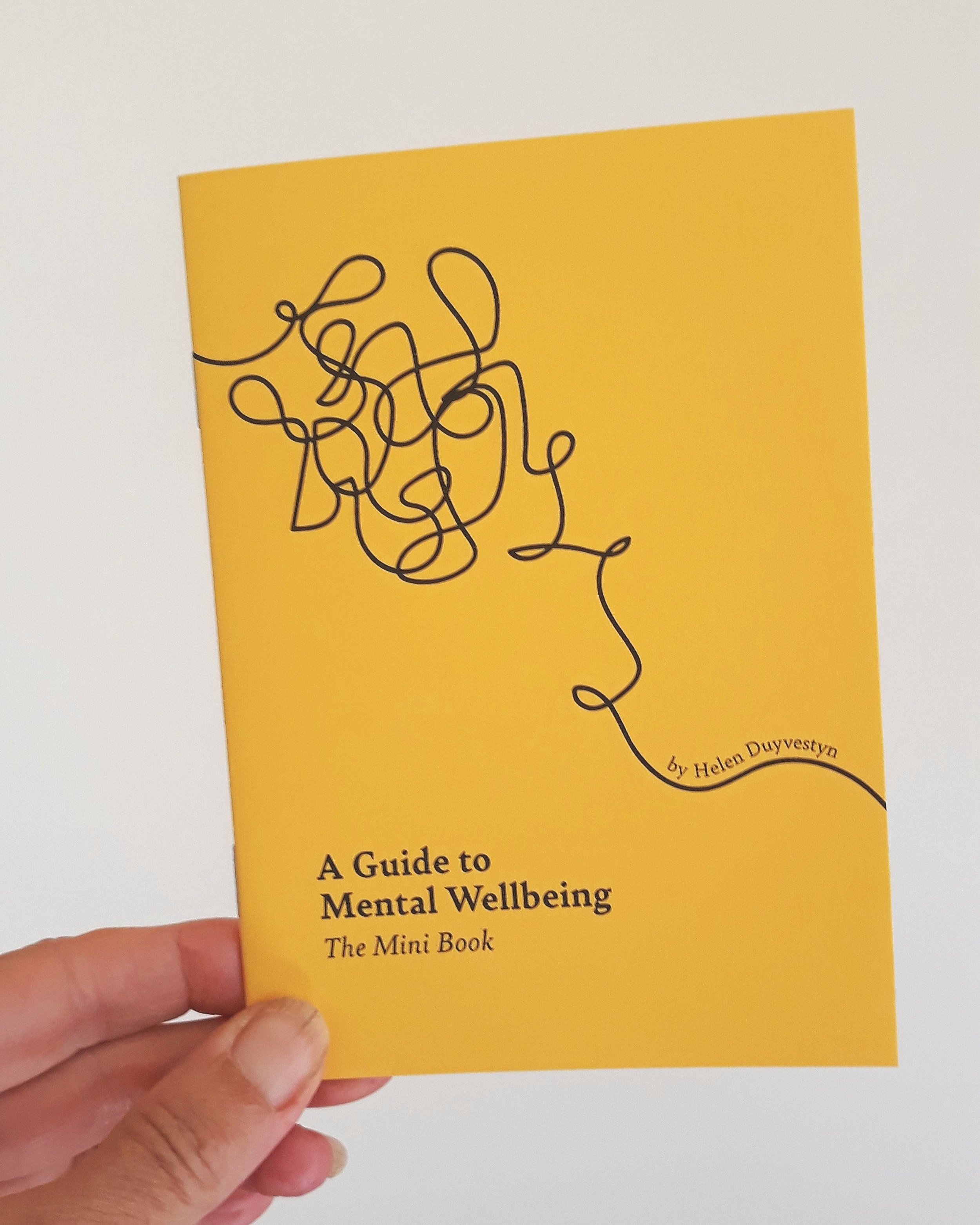How to cope with overwhelm
Coping with stress and overwhelm
In the last three weeks - and indeed 3 years, there has been a lot going on around us.
Even if we are not directly involved with events, seeing the images and hearing the stories on the news and social media can feel incredibly overwhelming.
This can cause us to feel stressed, which can lead to difficulty concentrating, can affect our sleep pattern and contribute to us feeling irritable.
And. This in itself can lead us to feel more overwhelmed.
Before we know it - we are not coping with our daily lives, our minds are full of thoughts of dread and disaster and we are unable to feel any sense of peace.
Even though there may not be anything going on in our lives directly.
I noticed this myself last week. Watching and hearing story after story of the Gisborne & Hawkes Bay, Northland and Auckland flooding. Aaaaannnd then there is the ongoing war in Ukraine and the earthquake in Turkey. I noticed feeling irritable, and increasingly feeling anxious. I had difficulty focusing on tasks, and my digestion started playing up.
Lucky for me, I recognised what was going on. And remembered that I do actually have the tools I need. I grabbed my Mini-Book (The Mini-guide to Mental Well-Being) - and set about doing a few exercises that have been shown to support mood and reduce stress. (If you’ve not got yours - you can get one for you and a stressed-out friend here).
The impact of stress on our body
We know that stress has a significant impact not only mentally, but physically as well.
Stress - prepares you for fight or flight. Therefore it:
Increases blood flow to muscles
Releases cortisol and adrenaline (‘stress’ hormones)
Increases muscle tension
Reduces blood flow to the gut
Increases the immune response
Increases blood sugar levels
Changes breathing patterns
Increases blood pressure
Changes sex hormones
Promotes clotting factor
Changes the blood flow to certain regions of the brain
This is great short term. It’s a fantastic physiological response to get us moving. However. long term - the results aren’t so pretty, nor so helpful:
What do we do & how do we cope with overwhelm?
We can cope with overwhelm by actively implementing physical and psychological techniques.
Firstly, one needs to recognise what is going on. This is where mindfulness comes into being. Being aware of how you are feeling, helps you to identify that yes, you are indeed feeling ‘not your usual self’. This allows you to take steps to address it.
Practicing mindfulness can help us on a day to day basis by enhancing our own awareness of how we are feeling.
We can go then go about actively implementing tools which can help induce the parasympathetic nervous system response. Relaxation won’t necessarily come from ‘trying to forget about it', or even trying to distract ourselves.
Here are my goto tools to actively relax:
Movement. Gentle movement especially mind-body movements such as yoga or taichi. This can bring us in touch with our body, how it’s feeling, and what parts are tense. And we can focus while moving, on actively inducing relaxation.
Notice your breathing - and use a technique that is called a physiological sigh. This involves taking a deep breath in through your nose, then (without exhaling) taking another little in-breath, holding for a second, then relaxing and allowing the breath to leave completely either via nose or mouth). Repeat 3-4 times. Alternatively, do some deep, relaxed, slow, belly breathing - focusing on the exhalation.
Practice mindfulness or meditation. This helps you recognise the thoughts & feelings without being attached to them. (See here for instructions on meditation)
Reframe your thoughts from ‘doom & gloom’ to focus on other things in your life. Use:
the technique of gratitude (finding three-five things you are thankful for right now).
Notice and name five things that give you joy.
Give yourself a break from media, let the news go for a night or so, and stay off Facebook & Instagram for 12 - 24 hours.
But what about the people suffering?
“Okay, so I get all that. But what about the people suffering?”
I’ve heard from others and experienced this myself - a sense of guilt:
“How can I possibly focus on enjoying my life, reducing my tension, focusing on what I am grateful for, enjoying my food…” etc etc “when people are suffering?”
I come back to this.
“You adding to the suffering by suffering yourself, has no benefit whatsoever to the people who are truly suffering.”
This is powerful to remember.
You can invoke empathy. You can provide support. But if you too aren’t sleeping, aren’t able to concentrate and are feeling overwhelmed - you will not be able to add much to their lives.
So. You owe it to yourself. And to the people suffering to invoke your joy.
You can, of course, support these people the best way you can and for many, this is via donation.
For the people of Ukraine & Turkey, you can donate here:
For the people of New Zealand you can donate here
Stay well and go well.
Helen x
Helen is a registered nurse and life coach, specialising in mental health from a holistic perspective. She is passionate about supporting people to have optimal mental health and well-being.
Based in New Zealand, Helen is available for speaking, education sessions and one on one appointments.





